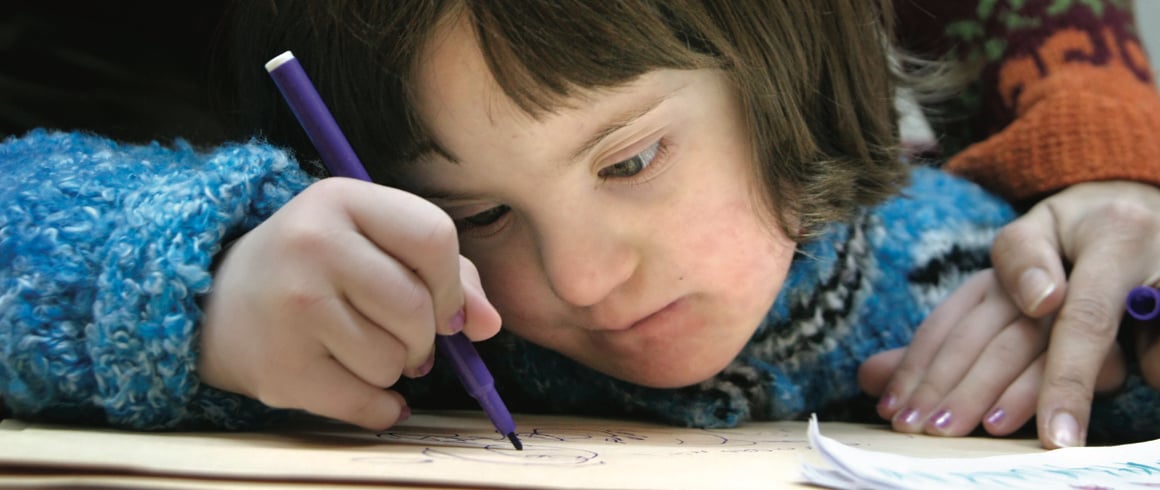![]()
Early Literacy
Early literacy is much more than recognizing letters and the sounds they make. Early literacy provides a critical foundation for listening, speaking, writing, reading, and interpersonal communication that your child will rely on and grow from throughout his or her life. Learn how you can aid your child in developing these necessary skills.
From the moment babies are born, they start developing literacy skills through their relationship with their parents. By talking, reading, singing, and playing with your infant or toddler, you provide the foundation your child will need to develop language and reading skills.
Literacy is more than knowing letters and words and reading. It is the main character in a lifelong story about learning, communication, self-awareness, and fulfillment.
We know that from the time a child is born they grow and learn. As parents, we don’t call it “literacy,” but that is the term educators use to describe the set of skills that help children learn to read and write. Parents of children with disabilities may want to be more intentional about laying the foundation for these learning skills.
Toddlers love stories. They may enjoy repeating a funny story about what happened at their birthday party, or listening to a story about the day they were born. Storytelling activities teach children about what makes a story before they actually learn to read. They can hear new words, learn the order of events, build listening and language skills, and find out more about what interests them.
It’s never too early to start building your child’s literacy skills—and the Center for Early Literacy Learning (CELL) can help. It offers parents and professionals free practice guides that show how you can use everyday activities to encourage infants, toddlers, and preschoolers to listen, talk, and learn the building blocks for early literacy.
Most people use speech and language to indicate their needs and choices or to socialize. Some children, however, have difficulty learning to talk, and others cannot use their voices at all. Fortunately, augmentative communication methods, technology, and therapy can help them communicate.





